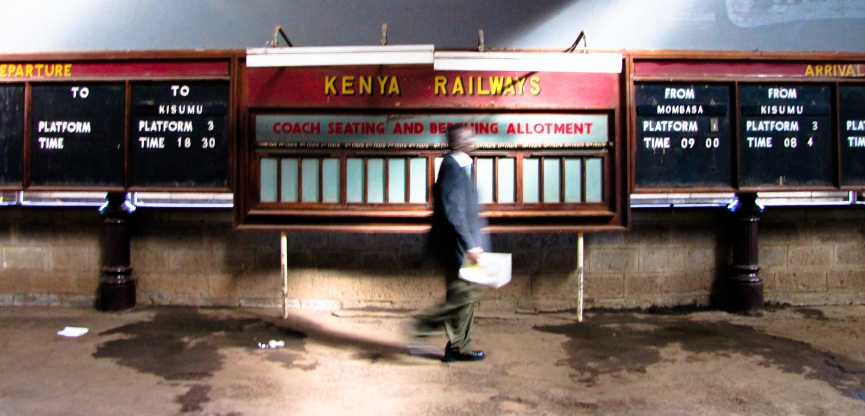Miritini to Mombasa CBD rail link construction to start soon
The construction of the 22-kilometre standard gauge railway linking the Miritini passenger terminus to Mombasa CBD train station is set to begin soon.

Aug 29, 2018: The construction of the 22-kilometre standard gauge railway linking the Miritini passenger terminus to Mombasa CBD train station is set to begin soon.
Kenya Railways managing director Atanas Maina said that the tenders for the Sh200 million project were at the evaluation stage. The construction is set to take about 12 months. “Tenders were advertised in April and the bids returned. We are waiting to start construction after completing the evaluation stage,” Maina said. The announcement comes amid plans to extent the line to Mombasa port to boost efficiency. Completion of the line will enable cargo discharged from ships to be loaded directly onto trains.
This will enable the standard gauge railway (SGR) to handle non-containerised (conventional) cargo such as clinker, fertiliser, grain, and steel. Earlier, the government said that expansion of the railway would enhance faster movement of passengers between Miritini station and Mombasa town.
Passengers going to Mombasa via the SGR alight at the Miritini terminus, forcing them to complete the journey by road where they spend up to five hours to cover the 22 kilometres to town. Those heading to Nairobi and other parts covered by the SGR from Mombasa have also been forced to use the road to access the Miritini terminus.
Those heading to western parts of Mombasa, including Mikindani, Moi International Airport and Jomvu, have been bearing the brunt of the traffic jam blamed on trucks carrying cargo from Mombasa port. Designs of the railway is being prepared by China Road and Bridge Corporation (CRBC) as China Railway Design Corporation and APEC Consortium Limited study the work.
CRBC is among the latest in a growing list of Chinese firms to be involved in the SGR project. Meanwhile, Phase 2A of the SGR project will be followed by Phase 2B that will extend the line to Kisumu at an estimated cost of Sh350 billion. Exim Bank of China will finance most of the project.


